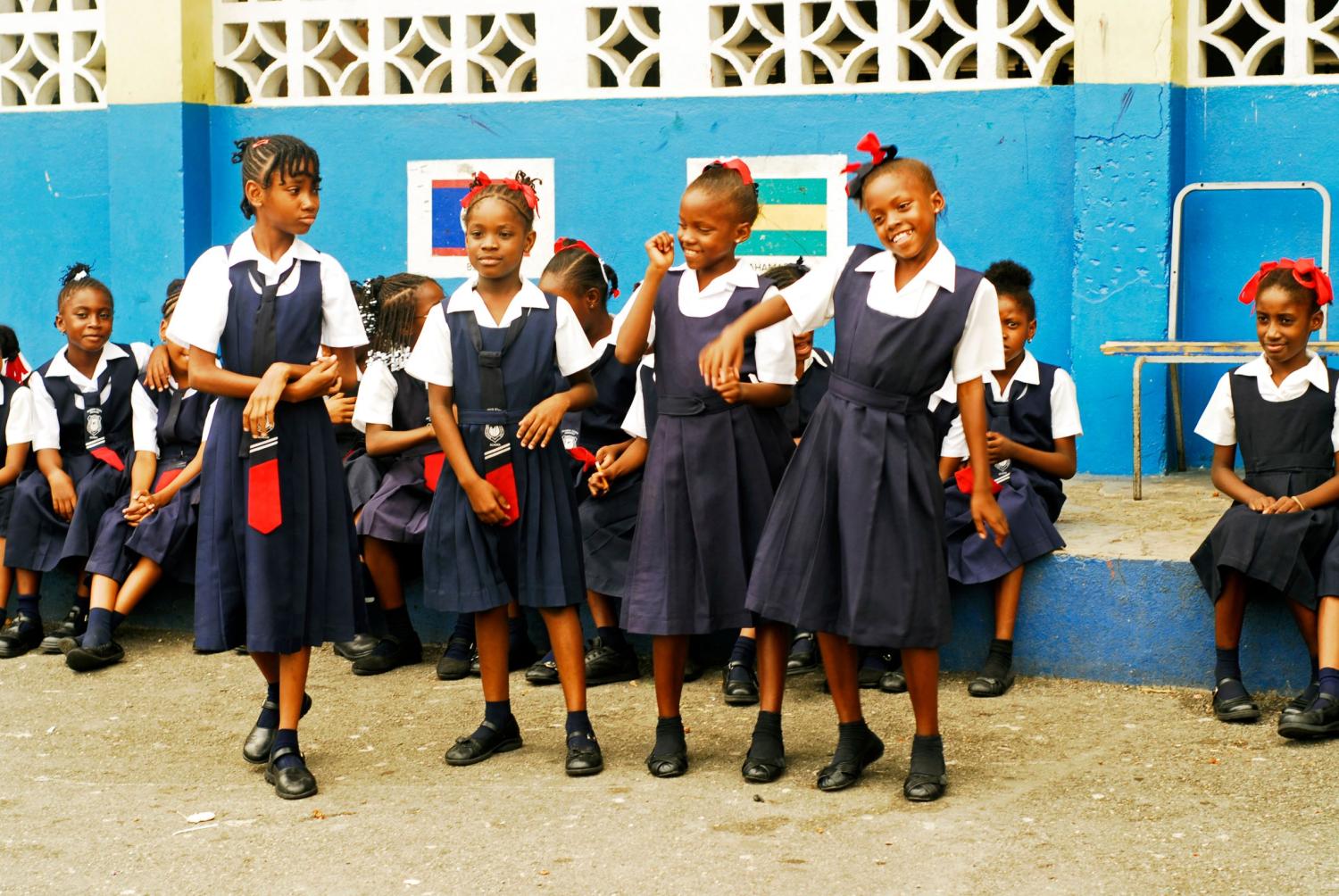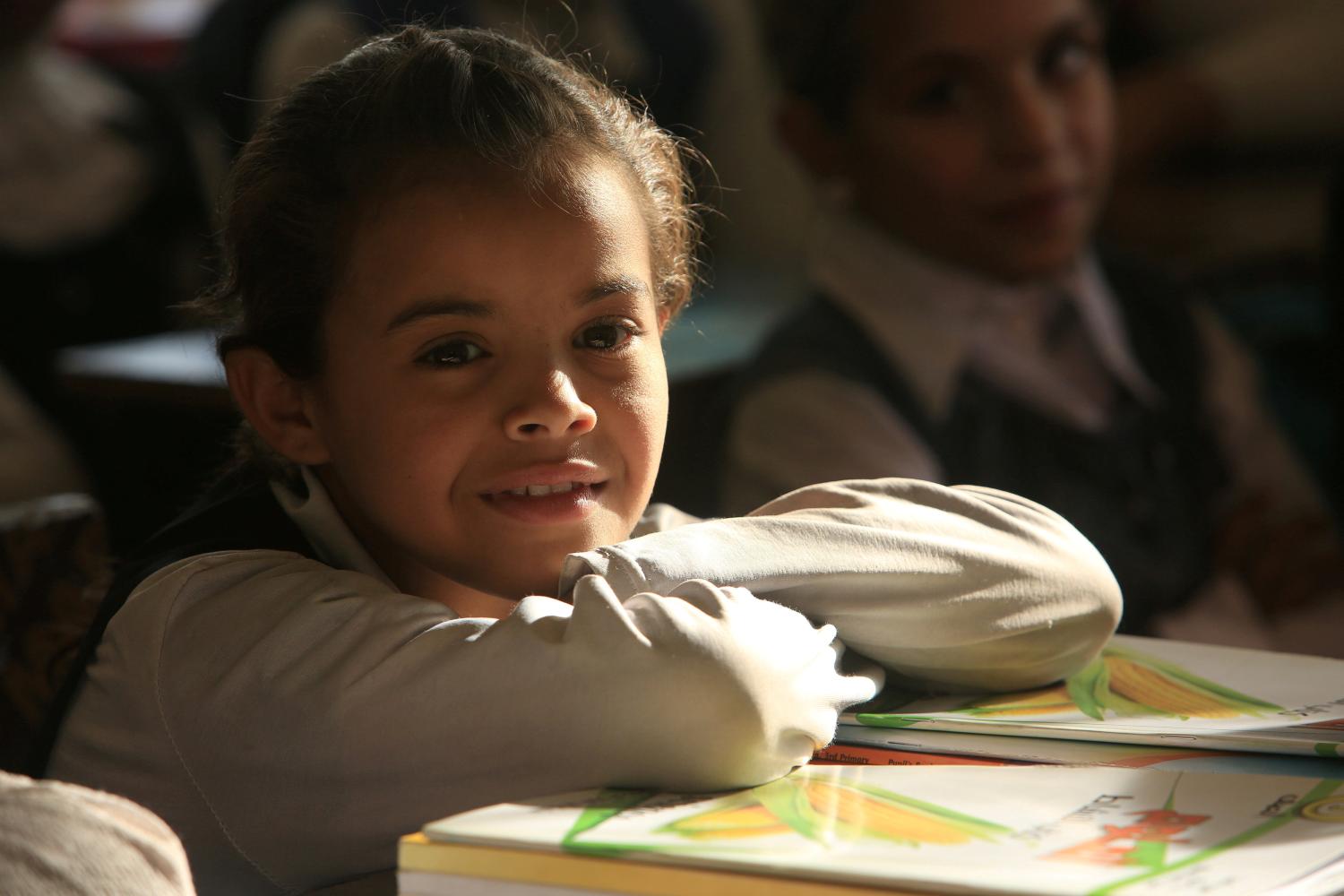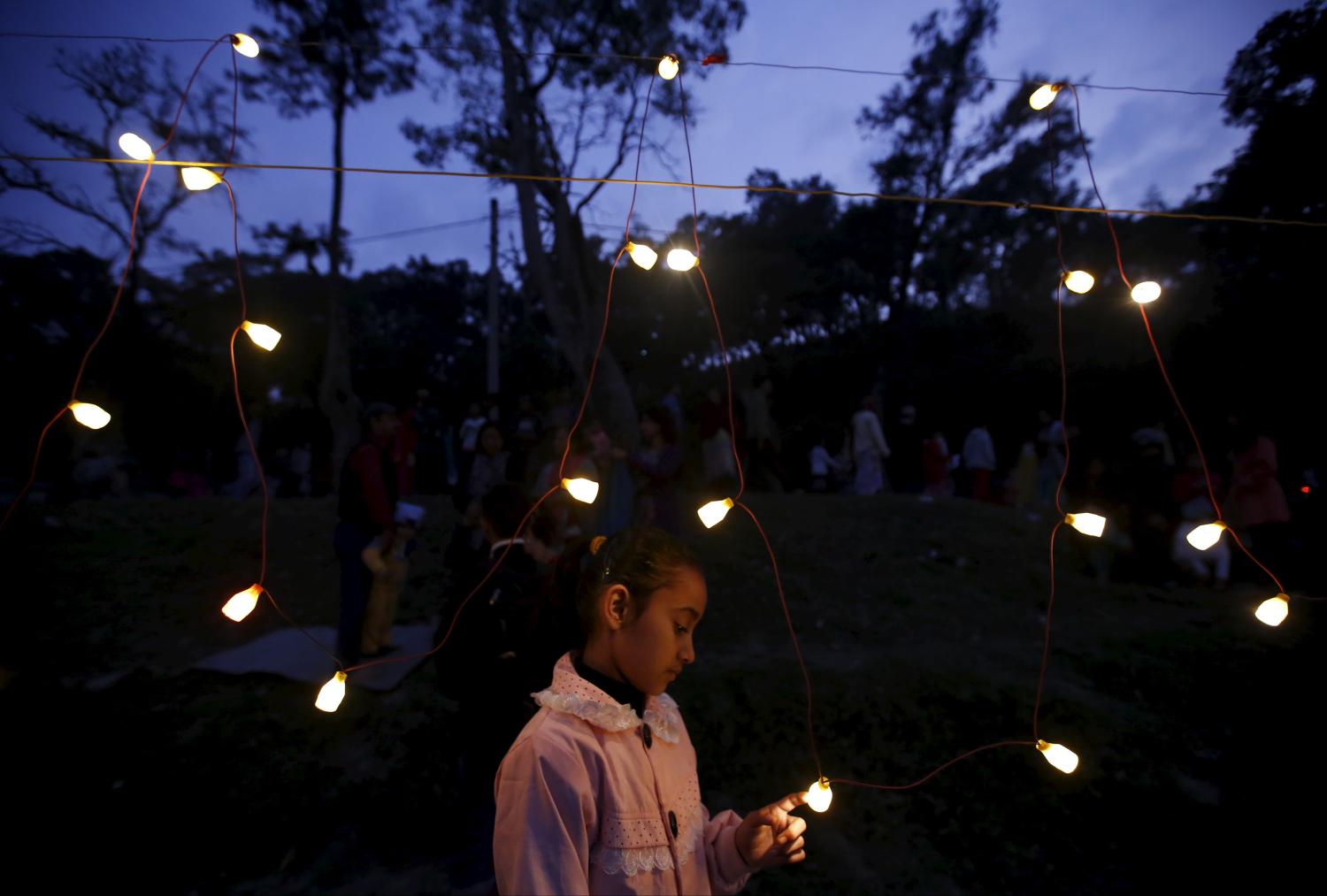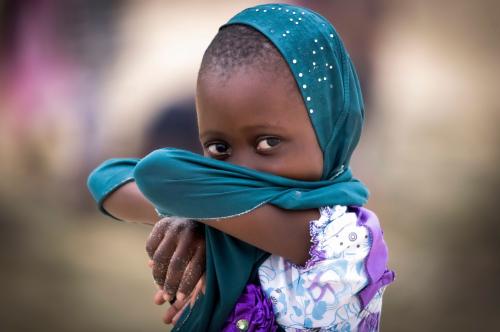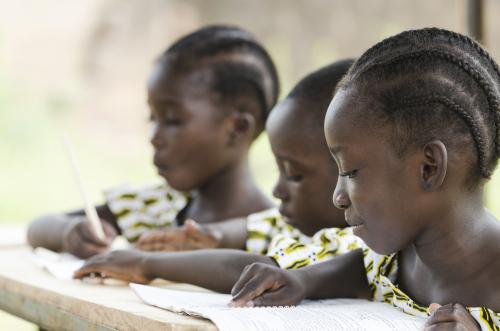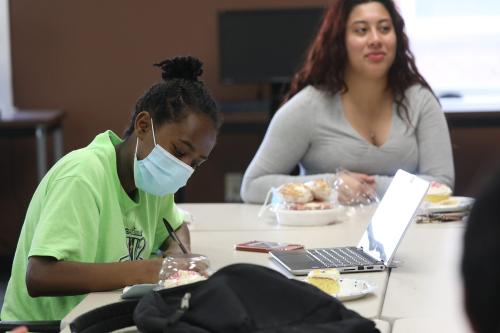The following is part of a series of briefs from Echidna Global Scholar alumni looking at school-related gender-based violence in primary schools. A longer policy brief synthesizing the cross-country findings is forthcoming.
Introduction
School-related gender-based violence (SRGBV) refers to “acts of sexual, physical, or psychological violence inflicted on children in and around schools because of stereotypes and roles or norms attributed to or expected of them because of their sex or gendered identity. It also refers to the differences between girls’ and boys’ experience of and vulnerabilities to violence” (Greene et al. 2013, 5).
A recent report published by the United Nations Children’s Fund (UNICEF) expressed significant concerns about the protective environment that the Jamaican state has created to reduce children’s vulnerability to violence (CAPRI and UNICEF 2018). It further states that 68 of every 100,000 Jamaican children are victims of violence, even in spaces that should be safe—one of which is school.
A traditional focus on secondary-school youth
A recent policy brief, “Whole School Programme to Address Gender Based Violence among Young Jamaicans” (CVC 2016), cited data from the Jamaica Constabulary Force (JCF) indicating that, in 2014, 323 persons aged 13–17 years were raped, 287 were assaulted, and 267 were victims of other sexual offenses. More-specific JCF statistics on gender-based violence (GBV) show that, as of September 2016, 614 rapes of females occurring in 2015 had been reported (JCF, 2016). Over time, deliberate efforts have been made to implement a raft of interventions 1 at the secondary level to mitigate the impact of SRGBV.
Additionally, according to the 2008 Jamaica Reproductive Health Survey, approximately 20.3 percent of young women of secondary-school age (15–19 years) reported having been forced to have sexual intercourse at some point during their lives (Serbanescu, Ruiz, and Suchdev 2010). Such a finding has a high probable correlation to teenage pregnancy. In 2015, 59 out of every 1,000 adolescent girls in Jamaica became teen mothers compared with a regional and global average of 64 and 47 adolescent girls, respectively (World Bank, 2017; Kennedy 2017). These early, unintended pregnancies place adolescent girls at increased risk of having their educations disrupted and even curtailed. These young women also may have experienced GBV from an early age (Peart 2019).
GBV is not removed from the context of Jamaica’s school system. In fact, school-age boys and girls have had their share of encounters with sexual, psychological, emotional, and verbal abuse. The situation is perpetuated in formalized systems such as the education system because it is one of the largest formal systems that requires the interaction of both genders. Specific interventions have been geared toward achieving gender equity and resocialization of students to enable boys and girls to coexist in a peaceful and nonthreatening manner. Several national initiatives and programs to ensure school safety and security—including a violence prevention program, a national safe school program, and a behavior modification program—have been implemented in a bid to provide a socially responsive environment at both the school and community levels.
However, even with all these initiatives and interventions, the constant focus has been on the secondary level. With the advancement of technology and unabated access to information, scaling interventions at the primary level is now also necessary. This level of the education system is often overlooked and should be addressed in light of the need for evidence-based policy directives.
Limited interventions at the primary level
At the primary school level, there have been fewer interventions. However, one effort that has recently expanded into Jamaican primary schools is the School-Wide Positive Behaviour Intervention and Support (SWPBIS) framework—a proactive, team-based initiative to create and sustain safe and effective schools by fostering a disciplined, structured environment to address challenges such as student violence (Linton 2018).
The assignment of guidance counselors to primary-level institutions is one of the initiatives underway to assist students with overcoming vocational, personal, and behavioral challenges Guidance counselors are employed at larger primary schools with enrollments of 500 and above. In some instances, a guidance counselor serves a cluster of schools, in keeping with the 500-to-1 student-counselor ratio to ensure that students in schools with smaller enrollments also receive the requisite services. This arrangement, however, has not been sustainable, as it has often left many schools or students without the counseling and psychosocial support services needed to nurture students’ development.
Further, only a limited number of primary-level institutions are assigned health and family life teachers, and none is assigned a dean of discipline. This means that the responsibilities for students’ psychosocial and disciplinary needs fall mostly to the classroom teacher, who may not be prepared or have the technical capacity to deal with some aspects of students’ social and psychological development. Truth be told, the focus on SRGBV at the primary level is less intense than at the secondary level, and hence these particular issues are not well researched—an information gap that does not augur well for the education system and for the country.
In 2017, Jamaica launched the National Strategic Action Plan to Eliminate Gender-Based Violence 2017–2027 (NSAP-GBV). The action plan assumes a multisectoral approach for tackling GBV (Patterson 2017). However, there is inadequate evidence-based data on GBV at the basic level of education in Jamaica. Traditionally, the voices of victims, often girls, have been silenced and policy considered without the proper context to protect the victims.
It is against this background that focus was given to obtaining and documenting girls’ and boys’ voices on gender-based violence in Jamaican primary schools, in the hope of informing further policy decisions—because the cost of inaction can be deleterious and far reaching.
-
Footnotes
- Existing interventions include the Safe Schools Programme, Health and Family Life Education Programme, School Wide Positive Behaviour Intervention, and the Support Framework and Child Friendly Schools initiatives. These are explained further in the subsequent section.
The Brookings Institution is committed to quality, independence, and impact.
We are supported by a diverse array of funders. In line with our values and policies, each Brookings publication represents the sole views of its author(s).

